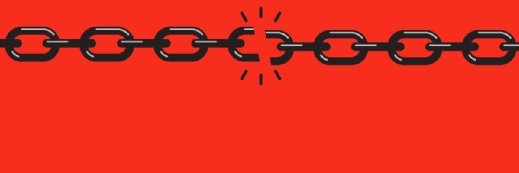
Jakub Jirsák - stock.adobe.com
Best supply chain firms are masters of data and automation
Europe’s best supply chains are making the most out of e-commerce, customer insights and robotic process automation, according to Gartner
Digital initiatives such as robotic process automation (RPA) are driving performance in European supply chains, analyst Gartner has reported.
The 2018 Gartner Supply chain top 25 report gave Unilever the highest ranking from a supply chain perspective.
In the report, the analyst firm noted: “A significant area of investment for Unilever is the digitisation of supply chain in support of the broader business. Key pillars in this area include building an innovation culture that embraces experimentation, democratisation of data for business users, the application of advanced analytics, such as AI [artificial intelligence], and concentration of investment in a handful of big technology bets.”
Gartner scored Inditex, owner of Zara, as the second best supply chain business. It said a large driver behind the company’s increase in sales was Zara’s supply chain, enabling “click and collect” at store capability and e-commerce orders with short delivery lead times and low fees.
Third place went to Nestlé, which Gartner said was growing its e-commerce operations significantly. The analyst found that e-commerce has been is a vital enabler of Nestlé's growth and has doubled as a percentage of sales in the past five years, driven in part by the continued success of its Nespresso brand.
Stan Aronow, research vice-president at Gartner, said the use of RPA, sensor-based monitoring, augmented reality (AR) and AI-based customer service is now being scaled in factories, warehouses and back offices. Companies are also working toward the goal of end-to-end synchronisation from point-of-demand back to manufacturing and supply.
Another element driving businesses is improvements in customer collaboration, service and experience. Gartner’s research found that from a supply chain perspective, businesses were focusing on the total customer experience by understanding customers’ use of products better, predicting future demand and responding to issues more quickly, even before they appear.
Read more about supply chain optimisation
- Machine learning is being used to improve a wide array of business processes, including supply chain management functions. Here’s a look at three areas it is helping the most.
- An industry as time- and cost-sensitive as fresh food requires proper data collection and analysis to ensure safety and quality. Zest Labs’ Peter Mehring explains how the IoT fits in the equation.
Visibility and traceability across the end-to-end supply chain is also becoming increasingly important, according to Gartner. From the companies participating in the study, it found that traceability enabled businesses operating in a business ecosystem to have real-time insights that enable them to not only react to disruptions, but also to be more predictive.
“The European companies on this year’s top 15 list are successfully pursuing digital optimisation in these areas,” said Aronow. “Looking ahead, progress toward digital transformation will mean integrating across all of these capabilities and scaling them in the business.”









